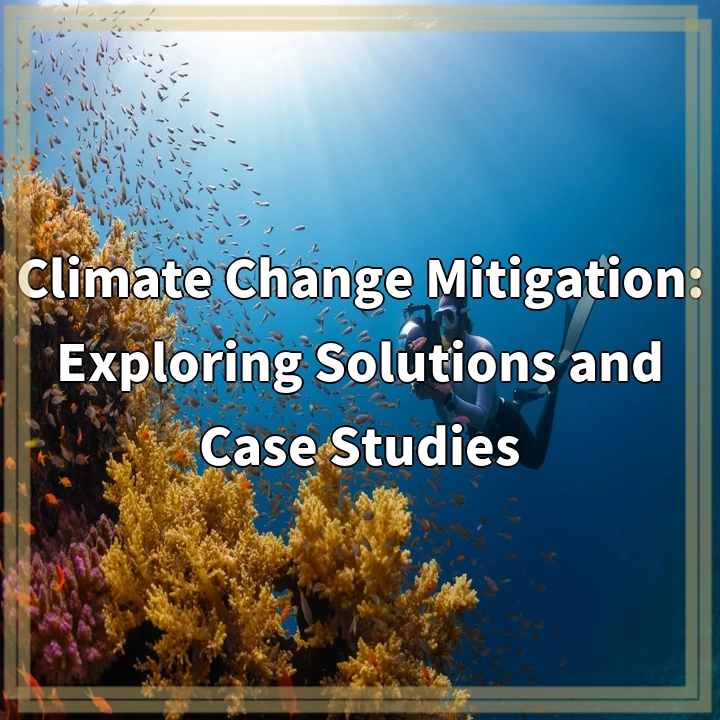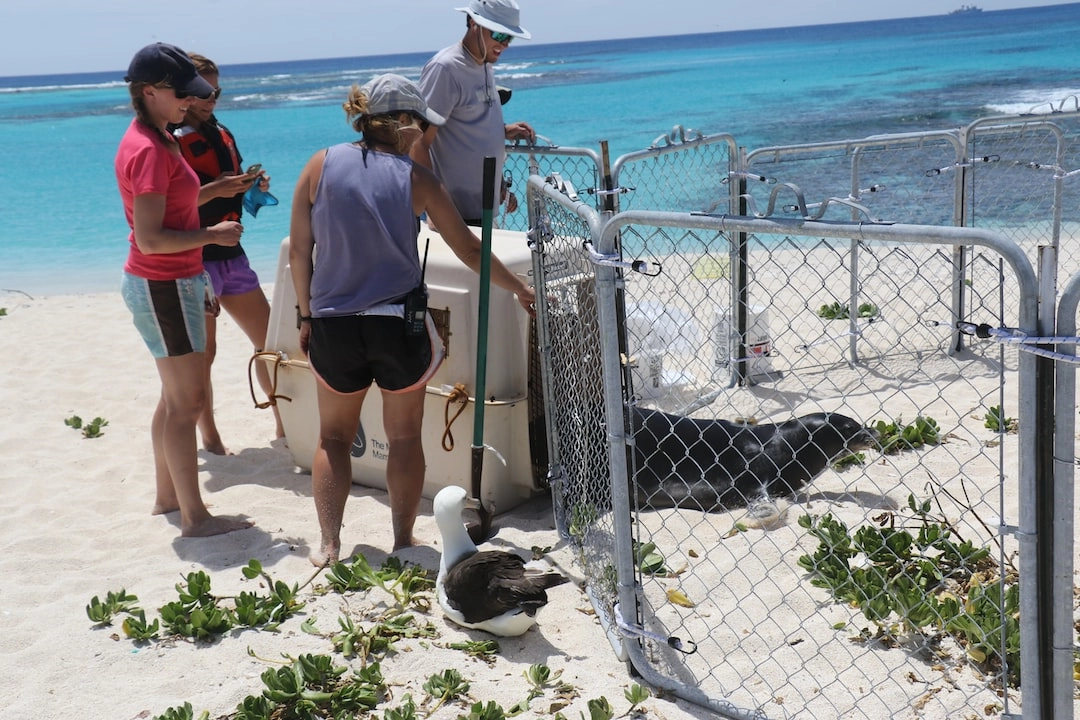
What is Climate Change Mitigation?
Climate change mitigation refers to the efforts and actions taken to reduce or prevent the long-term negative impacts of climate change. It involves various strategies, policies, and practices aimed at reducing greenhouse gas emissions and promoting sustainable practices.
Real-World Problems Associated with Climate Change Mitigation
While climate change mitigation is crucial for preserving the planet and preventing catastrophic impacts, it is not without its challenges. Here are some real-world problems associated with climate change mitigation:
1. Political Will and International Cooperation
Addressing climate change requires global collaboration and cooperation. However, political will and international agreements can often be complex and challenging to achieve. Disagreements on priorities, funding, and responsibilities can hinder progress in implementing effective mitigation strategies.
2. Economic Implications
Implementing climate change mitigation measures often comes with economic implications. Industries heavily dependent on fossil fuels may resist transitioning to cleaner alternatives due to cost factors and concerns about job losses. Balancing economic growth with sustainability goals becomes crucial in mitigating climate change.
3. Technological Innovation and Scalability
The development and deployment of innovative technologies are vital for effective climate change mitigation. However, there can be challenges in scaling up these technologies to meet global demands. Research, development, and implementation of scalable and affordable solutions are necessary for successful mitigation efforts.
4. Social Equity and Environmental Justice
Climate change and its impacts disproportionately affect vulnerable populations and marginalized communities. Ensuring social equity and environmental justice in mitigation efforts is crucial to prevent exacerbating existing inequalities. This includes considering the needs and perspectives of diverse communities and addressing issues such as access to clean energy and resiliency measures.
5. Public Awareness and Engagement
Successfully mitigating climate change requires widespread public awareness, support, and engagement. However, there can be challenges in raising awareness and encouraging behavioral changes on a large scale. Effective communication, education, and community involvement are critical for overcoming these challenges.
Addressing these real-world problems associated with climate change mitigation requires collaborative efforts from governments, industries, organizations, and individuals. It involves finding innovative solutions, setting ambitious targets, and staying committed to sustainable practices for a healthier and more resilient planet.

Solutions for Climate Change Mitigation
Addressing the real-world problems associated with climate change mitigation requires strategic and collaborative efforts. Here are some key solutions:
1. Strengthen Political Will and International Cooperation
Efforts should focus on fostering political will and strengthening international agreements to prioritize climate change mitigation. This includes promoting dialogue, cooperation, and shared responsibilities among nations to drive effective action.
2. Foster Economic Transformation
Promote the economic transition towards low-carbon and sustainable industries. Encourage investments in renewable energy, support innovation in clean technologies, and create policies that incentivize the adoption of sustainable practices.
3. Accelerate Technological Innovation and Deployment
Invest in research and development of scalable and affordable clean energy technologies. Encourage the deployment of these technologies through supportive policies, subsidies, and collaborations between the public and private sectors.
4. Prioritize Social Equity and Environmental Justice
Ensure that climate change mitigation efforts prioritize the needs of marginalized communities and ensure social equity. Promote inclusivity, involve affected communities in decision-making processes, and implement targeted measures to address the disproportionate impacts of climate change.
5. Enhance Public Awareness and Engagement
Raise public awareness about climate change and its mitigation strategies. Educate communities about the individual actions they can take to reduce their carbon footprint and advocate for collective action. Encourage behavioral changes, such as adopting energy-efficient practices and supporting sustainable businesses.
By implementing these solutions, we can work towards effective climate change mitigation, preserve the environment for future generations, and create a more sustainable and resilient world.















